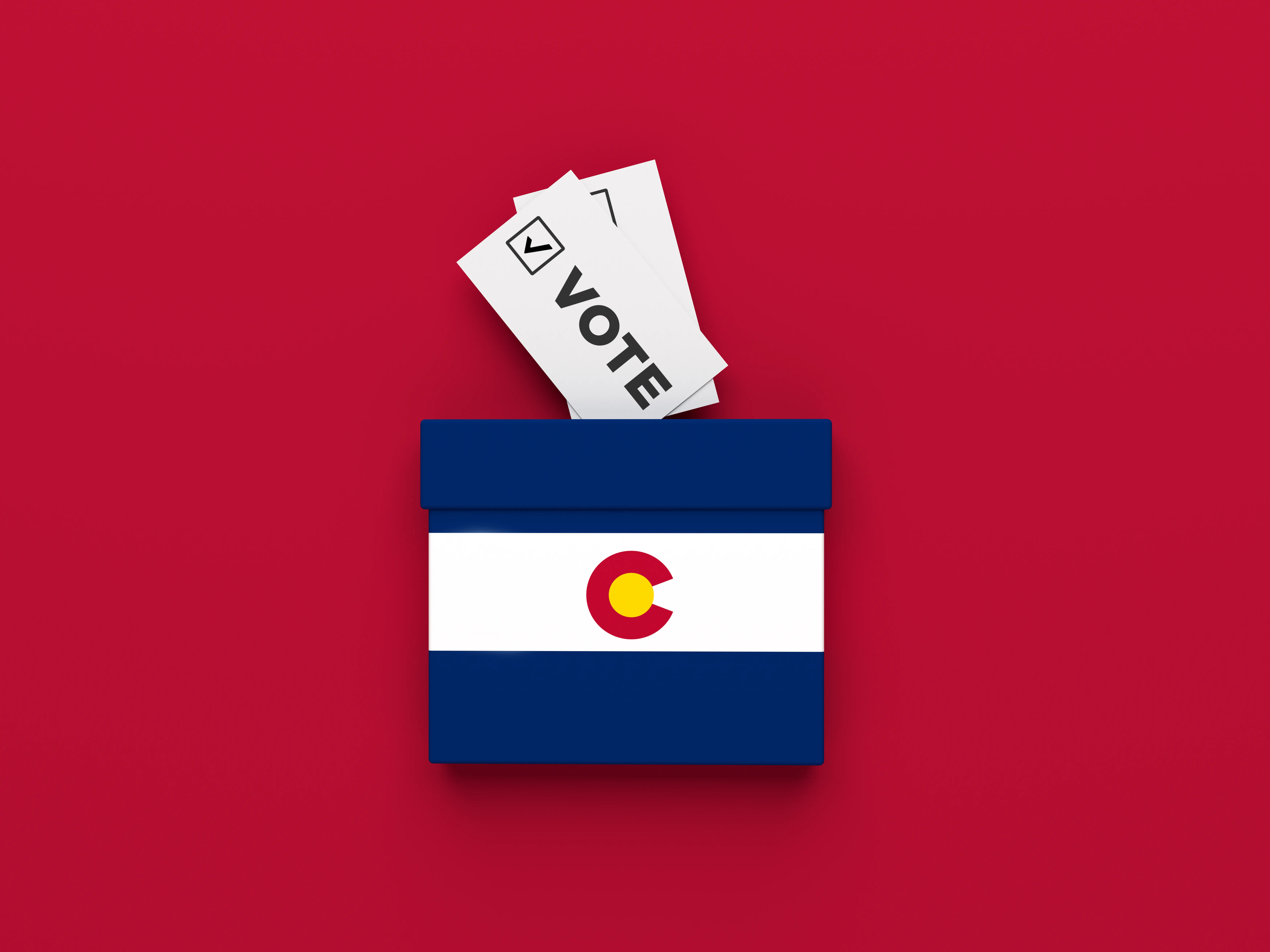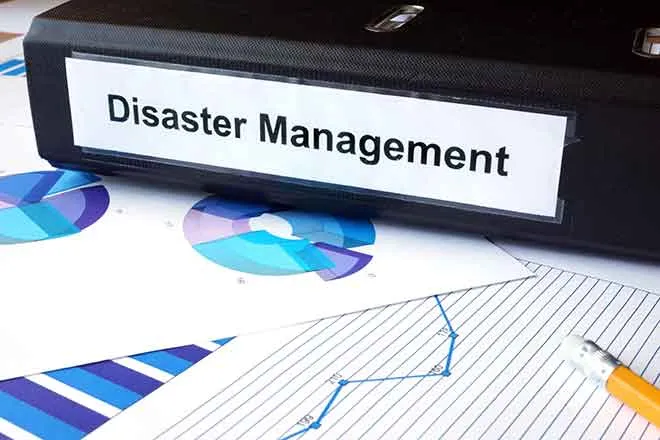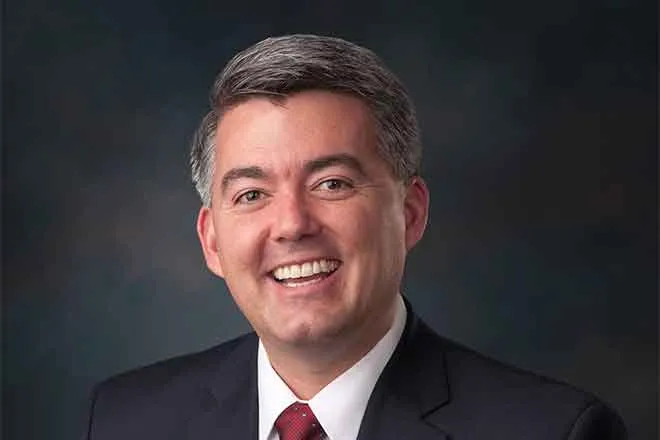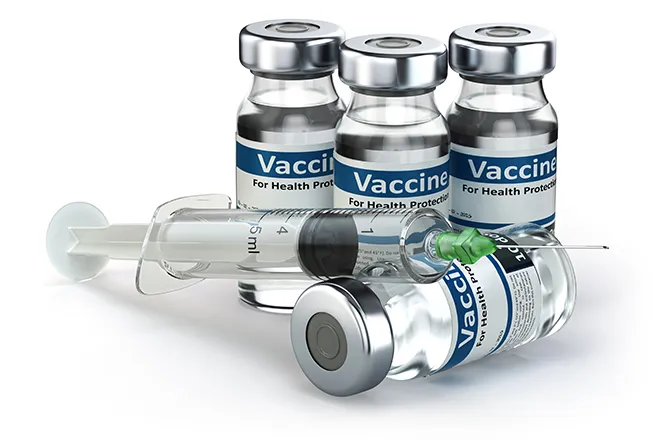
Colorado joins national effort to help older students
(Colorado News Connection) Wednesday, leaders from Colorado's 13 community colleges joined a national effort to help more of the state's adults get credentials and degrees.
Landon Pirius, a vice chancellor for academic and student affairs with the Colorado Community College System, said the goal is to transform programs traditionally designed for 18-to-22- year-olds in order to make education more accessible for adult learners.
"It should help, in this particular case," said Pirius, "adult students of color get additional higher education that can change the trajectory of their lives, and the communities that they live in."
Colleges will work closely with the Colorado Workforce Development Council to ensure that certificate and degree programs match current and future jobs that pay a living wage.
The effort, called the Racial Equity for Adult Credentials in Higher Education (REACH) Collaborative, is funded by a grant from Lumina Foundation.
Pirius said entire programs could be transformed to open career pathways for traditionally under-represented communities. Classes may be condensed to be completed in half the current time, or scheduled on nights and weekends to accommodate older students' schedules and responsibilities.
"Most [older students] have to support their families, they have mortgages to pay," said Pirius. "So, can we stack our credentials so that they can continue to move up in their profession, get more money, while they continue to go to school?"
For example, students who complete a Certified Nursing Assistant credential can start work, and get credits toward a Licensed Practical Nursing or LPN certificate. And higher-paying LPN work will count toward an Associate Degree and license to work as a higher-paid Registered Nurse.
Pirius said the REACH Collaborative will allow states to share these sorts of best practices.
"There's some things that Colorado might do better than, say, Texas or New York," said Pirius. "And there's some things that those states do better than we do. And by linking us all together, we can share strategies, share policies."
Colorado is one of six states in the REACH Program.
Support for this reporting was provided by Lumina Foundation.

















